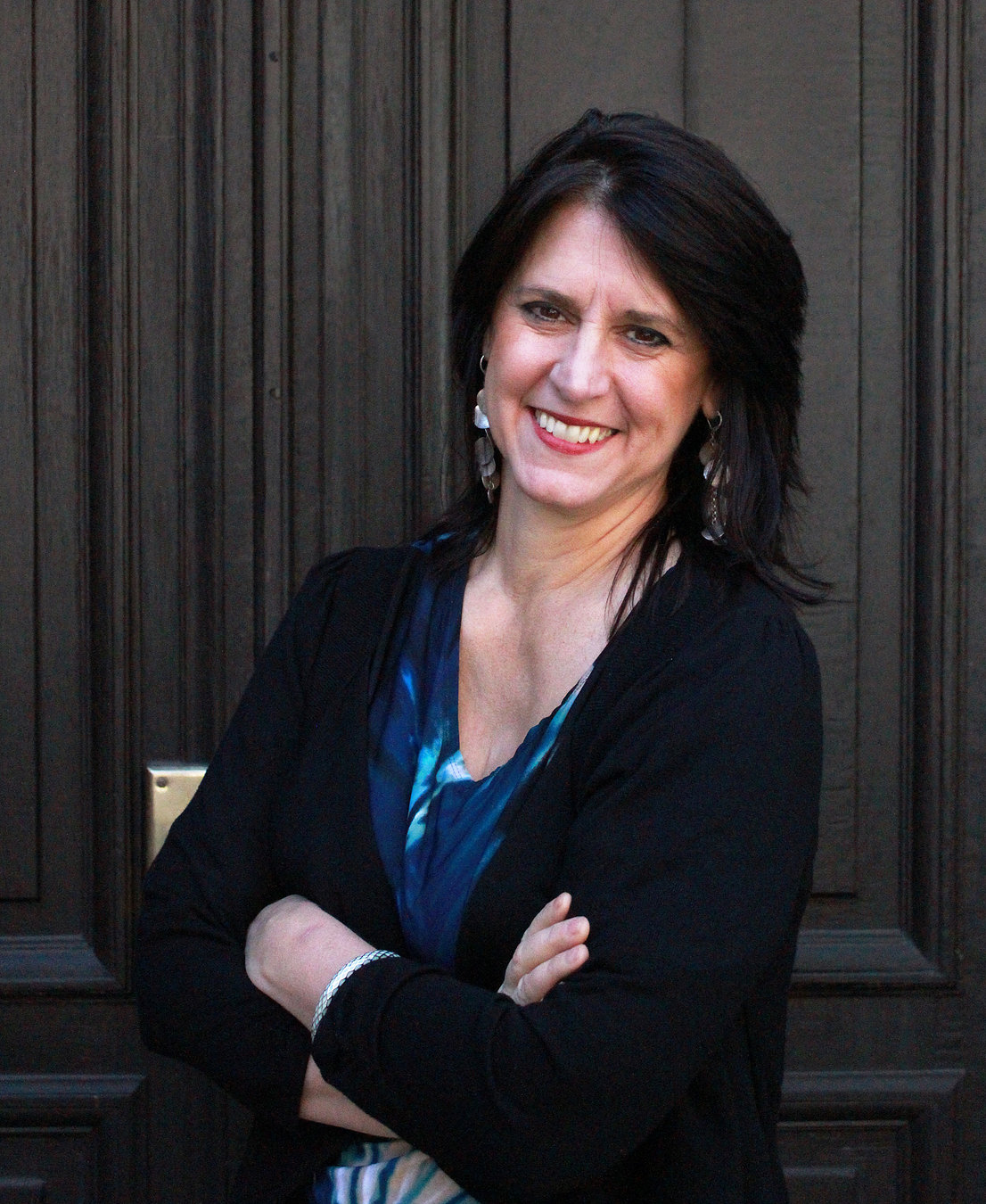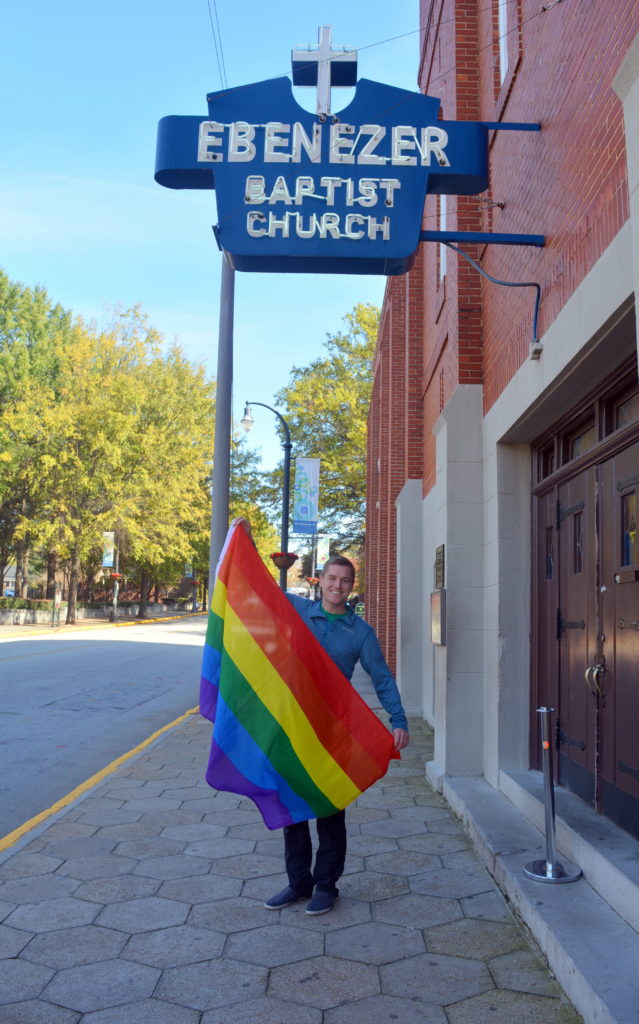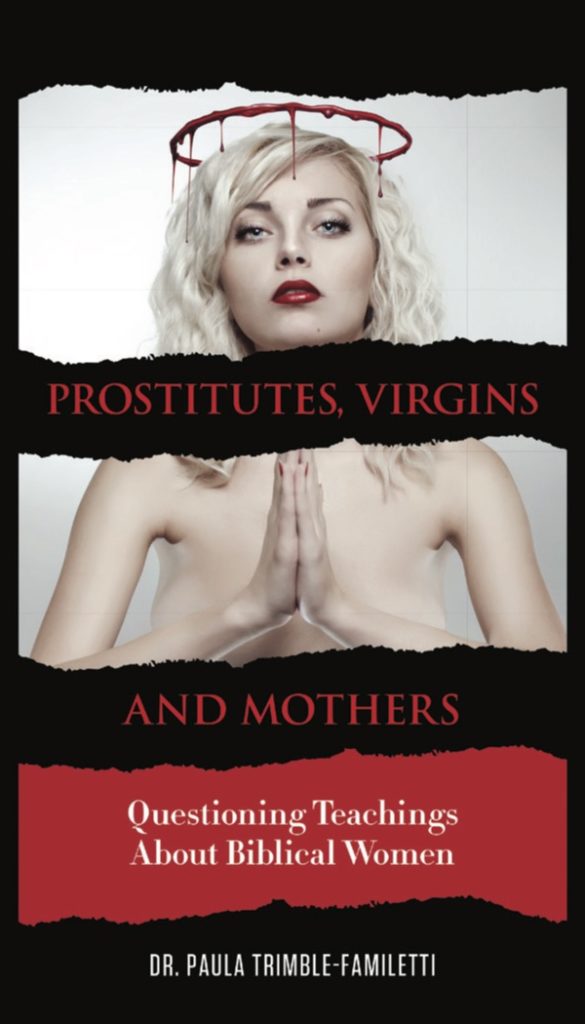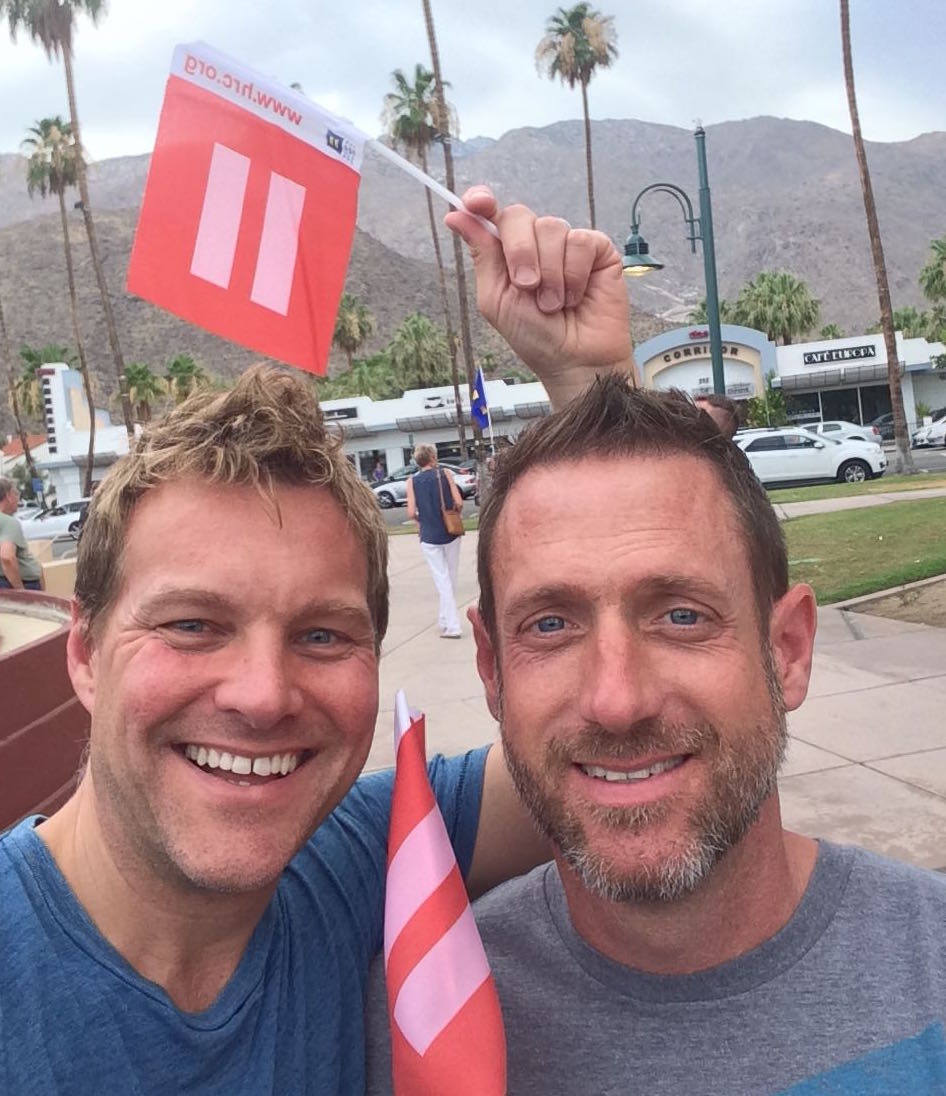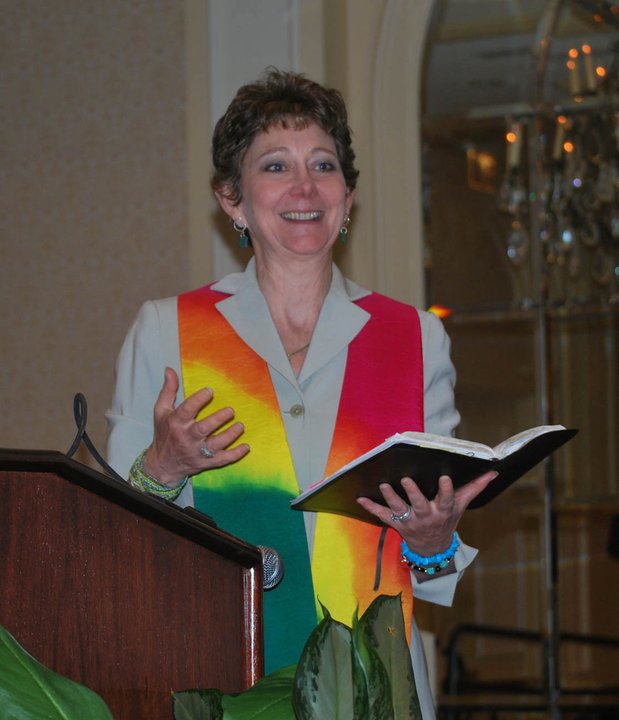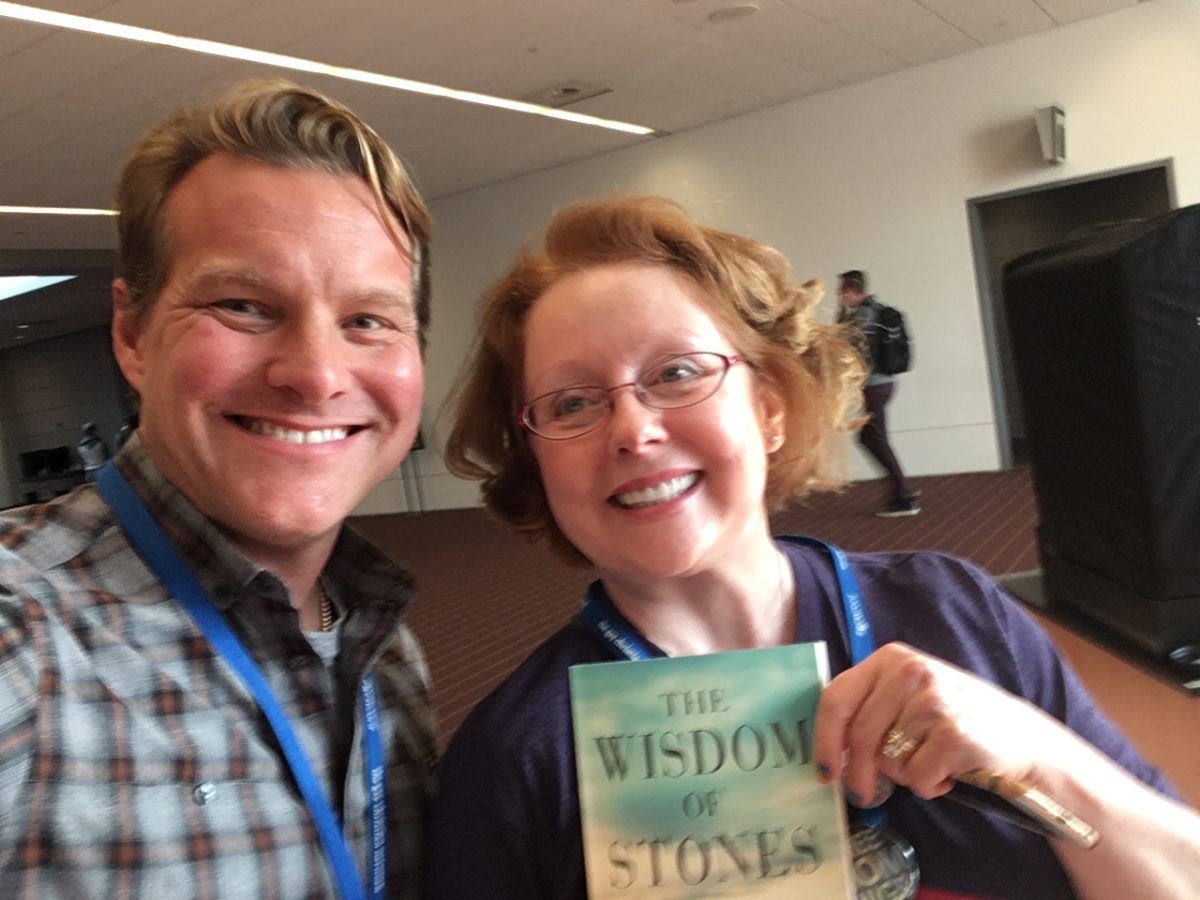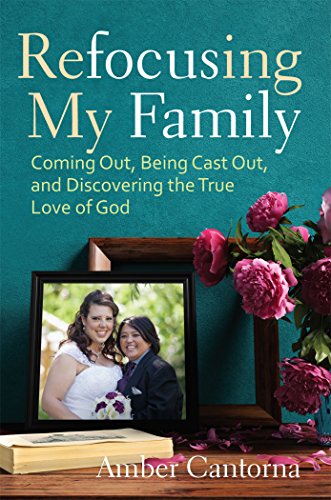The Bible contains inconsistencies so why do some people claim the Bible is inerrant? I’ve been reading the Bible through this year, and just from reading the Old Testament alongside the New Testament, I found errors. How many people died at Shittim? Numbers 25:9 says 24,000. Paul in 1 Corinthians 10:8 says 23,000. You can argue about how that error came to be, but you can’t deny it’s there, and if you use anything not in the Bible to explain that away, then you’re going exegetical (outside the Bible itself), and you’re not a true literalist.
Here’s a list of 101 contradictions in the Bible where one book says one thing, and another book says something different. And it doesn’t even include the one that I found!
I don’t use this to say that everything is the Bible is false or that its central message is wrong. I just point out that it’s not error-free. And there are thousands of translations which have conflicting views on tenses, word meaning, literal versus figurative (for example, our word “butterfly” does NOT mean that butter is flying.), punctuation, oral versus written traditions. The Bible is an essential starting point for us in Western culture because it is the dominant source of so much of our laws and customs. It’s also a font of Western literature and superstitions (e.g, our fear of the #13 relates to the number of guests as drawn by da Vinci in his painting of the Last Supper.)
I disagree with a recent GC article called 21 Books You Don’t Have to Read. Whether you’re a devout Christian or indifferent atheist, the Bible is a must-read, if only just for cultural literacy.
In this episode, I speak with Robert Cottrell about the flawed concept of “Biblical inerrancy.” People may claim they believe in the infallibility of the Bible. They may claim that it’s “God’s Word” although there’s no place where God tells a group of men, “Hey, in the 4th century, y’all need to meet and put together certain gospels, histories, and letters written over the past few hundred years, and called that collection the Christian Scriptures.”
No one takes the Bible literally. All people who claim the Bible is the source of their faith just cherry pick verses they want to believe, exclude the rest and call their individualized faith an “inerrant view of the Bible.”
We talk about how and why people do this in the podcast.
Robert and I chat about how the Bible is used as a sword to attack the LGBTQIA+ community and how the Bible can be used as a shield against such attacks.
If you’ve ever needed to respond to someone who claims their version of the Bible is the truth, don’t miss this episode!
To hear Robert’s prior episode and learn about his spiritual journey, check out this episode.
SUBSCRIBE TO BE THE BRIDGE PODCAST TODAY AT iTunes, Google Play and Stitcher Radio.
http://directory.libsyn.com/episode/index/id/6517235

